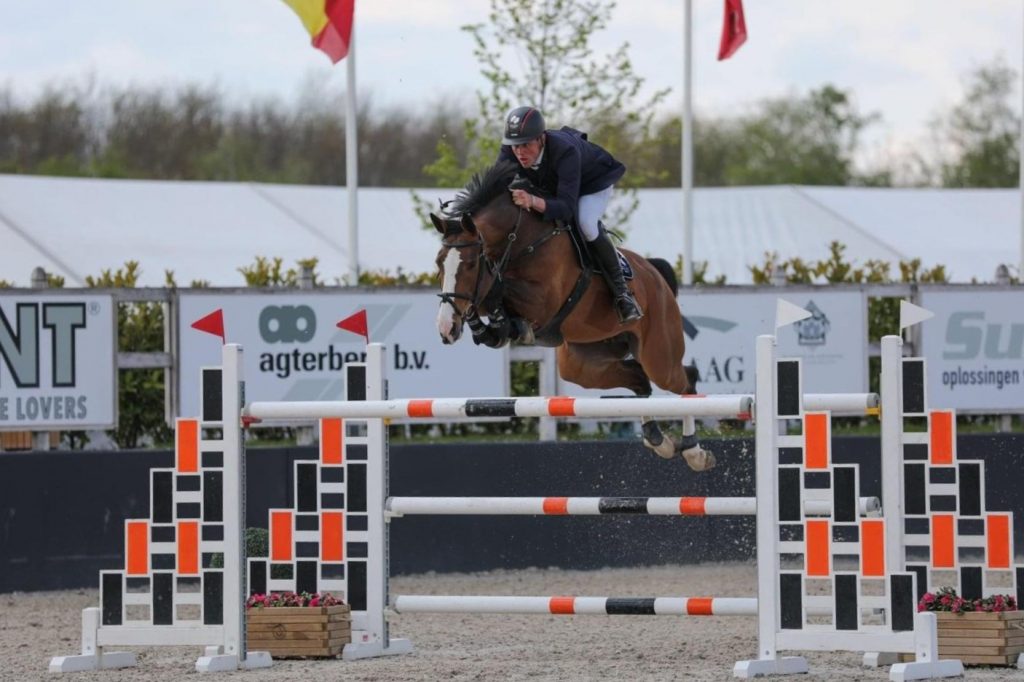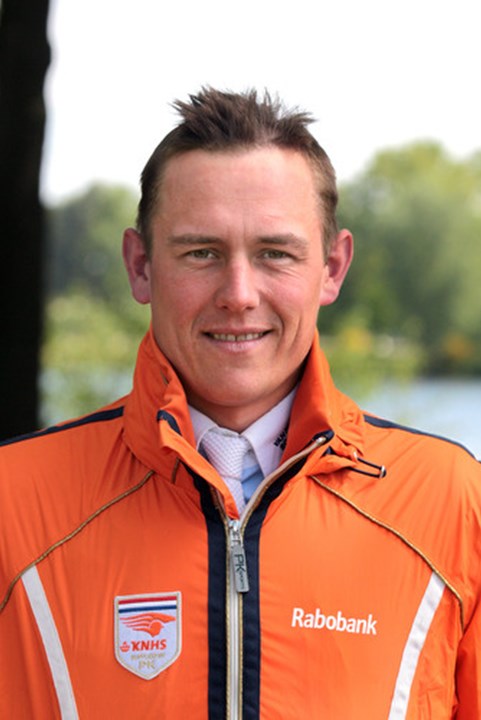Nutrition is increasingly recognized as an important part of an optimal sports performance.
Nutritional strategy is a common term amongst elite athletes of almost any sport. Athletes use a range of nutrition strategies to improve their performance. These strategies include optimizing nutrient intake, including their composition and timing throughout the day. In the equestrian sport such nutrition strategies have not yet been applied. Adjusting the volume and timing of when we feed our horses can impact their energy levels and give a boost to performance. In this project we will dive into nutritional strategies and research how we can use them to optimize our sport horse performance.
The project will be carried out in the form of a case study, which we will perform together with Team Raijmakers. Our team at EquInnoLab will first gather all the available research on equine nutrition as well as investigate the best nutritional practices that are used by top athletes in other sports. In order to determine how these practices are applicable to a showjumping horse we must first examine the workload and exertion of a showjumping horse while jumping a course. By getting an insight into the energy systems that are utilized in showjumping we can make comparisons with other similar sports that will help us formulate our strategy. In addition, we will make use of the existing knowledge on equine nutrition. While nutrition is a topic that is commonly studied in the equestrian industry, the topic is almost always geared towards welfare and towards stimulating the horse’s natural behavior. Whilst these factors are of great importance for a healthy horse, our aim is to utilize this knowledge and use it for a different purpose: to optimize performance.
In our case study we will follow one of Raijmakers’ top sport horses in his daily training regime towards the big competitions. During a period of several weeks we will carefully log the horse’s current nutritional intake and record any factors that may have an influence on performance. We will also monitor fitness and training load by measuring heartrate, speed, and lactate. Besides scientific tests, we will make use of the rider’s comments because this is always a good indicator of the horse’s condition and ‘feel’. By combining the literature research with the specific details of the horse under investigation, we can then formulate a nutritional strategy with altered timing and composition and observe how this affects the horse’s performance. Besides our main subject, we will also follow two more horses so we can compare and contrast differences.
With this project we hope to give insight into how nutrition can help not just keep our horses healthy, but also boost our performance. Equine feeding regimes are generally quite (monotone) across the days and weeks, with few to no adjustments made based on training intensity or competition schedule. This is an approach that has worked for years and therefore doesn’t necessarily constitute change. However, at EquInnoLab we are always searching for ways in which we can make something even better, with our belief that there is always room for improvement. By learning from practices used in other sports, we can apply this to the equestrian industry to discover how we can use nutritional strategies to optimize the performance of an elite showjumping horse.
We’re excited to announce this project together with Team Raijmakers, who have chosen to participate in this research to continue working towards the highest possible performance.
Photo: Piet Raijmakers jr. with Olaya




